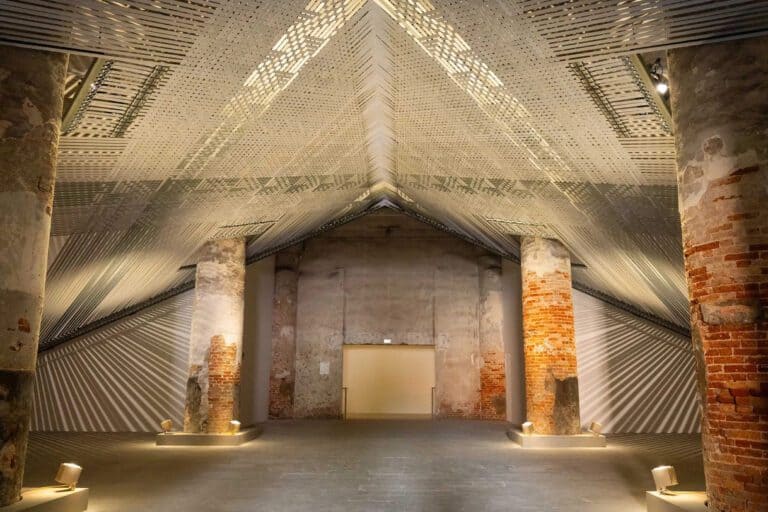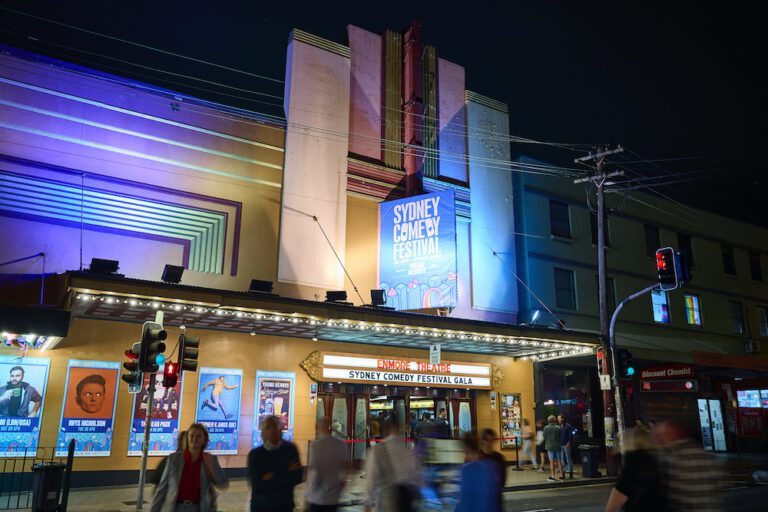She hopes the answer will lie in an exhumation outside Madrid of the remains of more than 100 people who were executed by forces of late dictator Francisco Franco in 1939, in the aftermath of Spain’s Civil War.
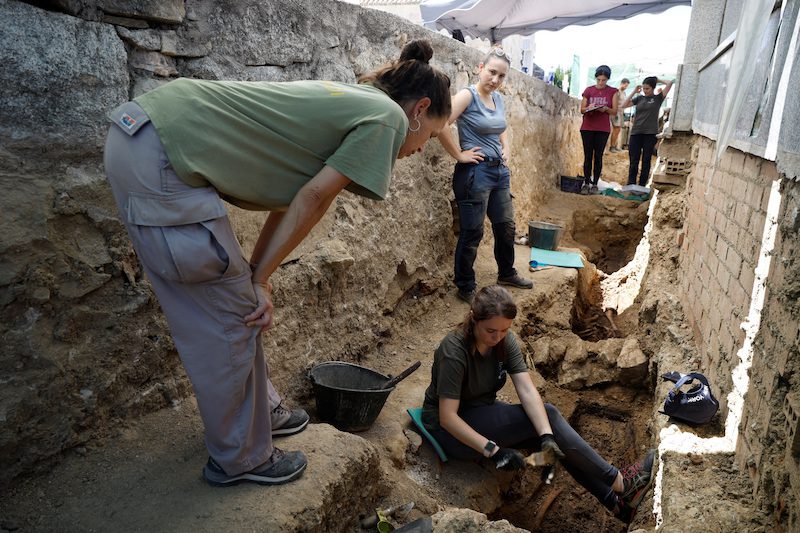
“I want to know where he is because I have never known,” Navacerrada told Reuters this week at the cemetery of Colmenar Viejo where two mass graves have been found.
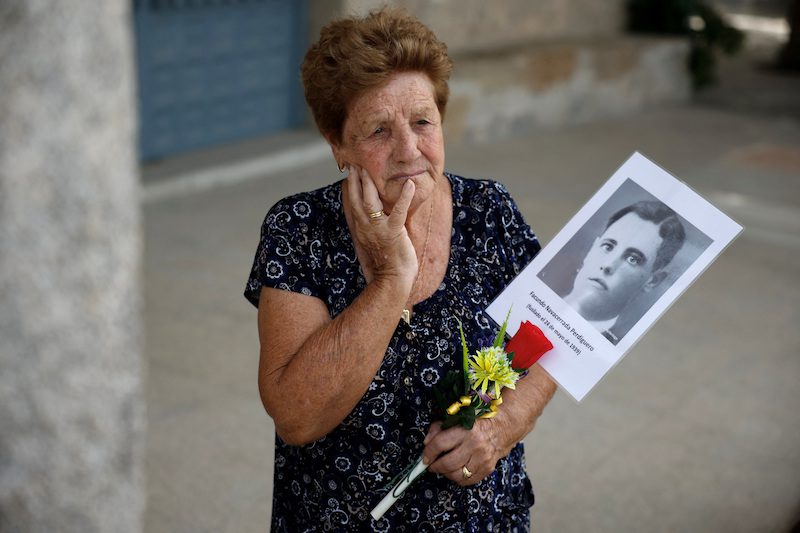
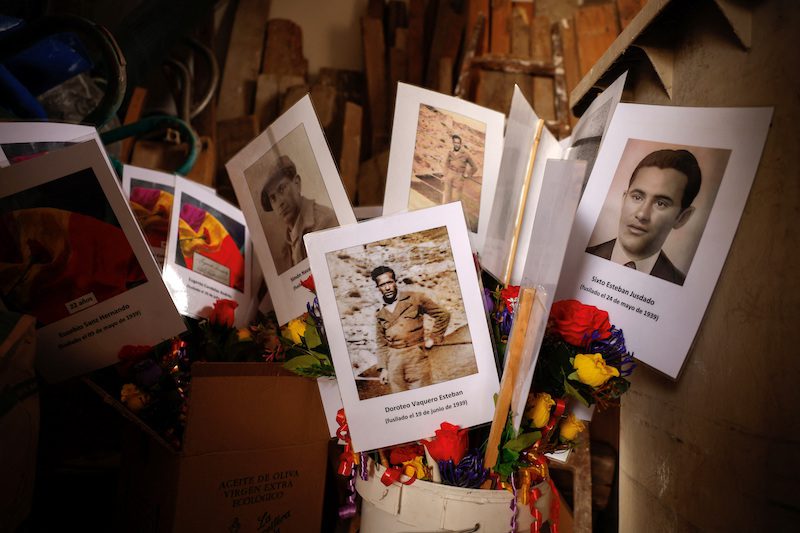
Navacerrada said locating her father, who was a union leader and died when she was seven, would bring joy and closure: “I could say he is resting in peace and not thrown out there like pigs”.
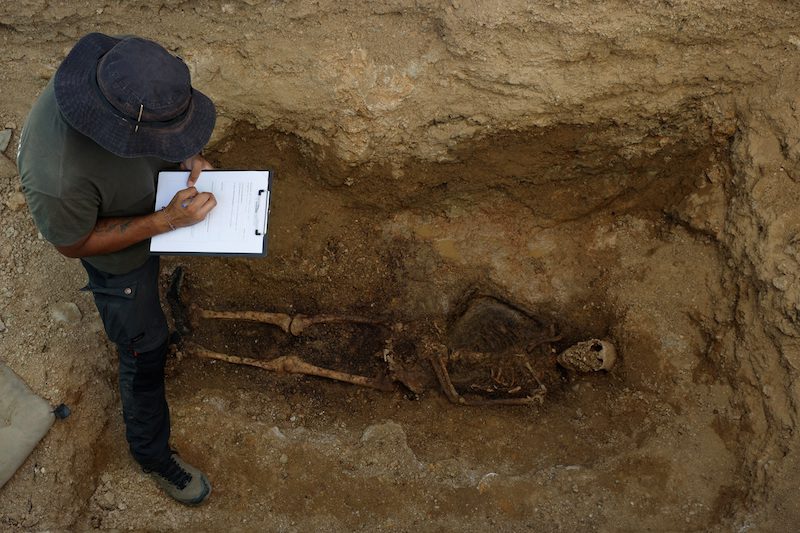
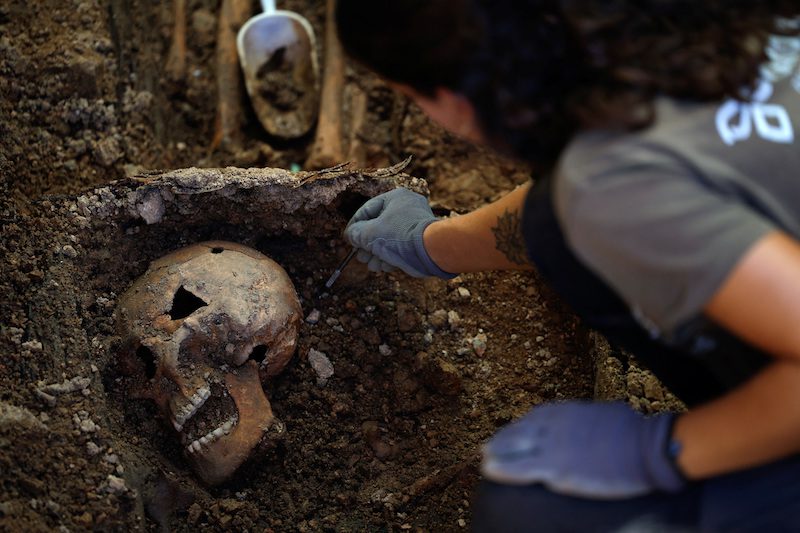
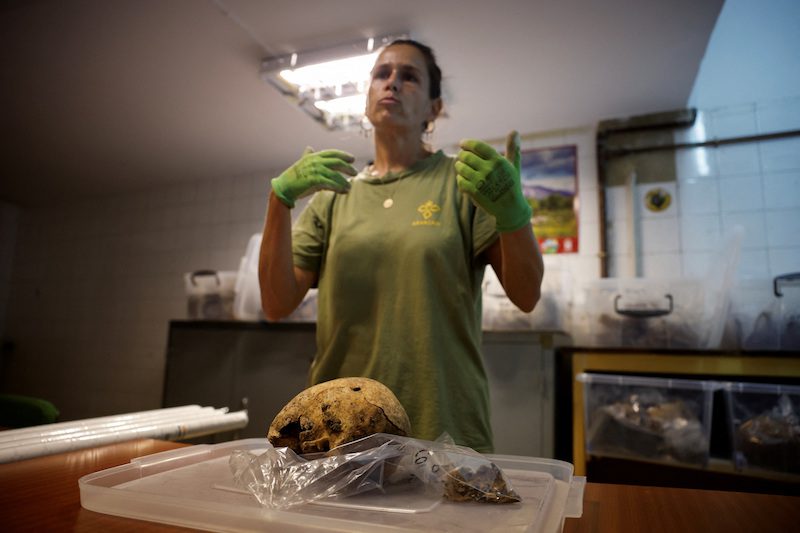
Forensic scientists were analysing this weekend the second mass grave, located in a pathway at the cemetery, collecting skulls with signs of bullet holes and bones to genetically identify them and later hand them to their family members.
A total of 108 civilians, many associated with leftist parties and unions, were executed and buried at the Colmenar Viejo cemetery between April and December of 1939.
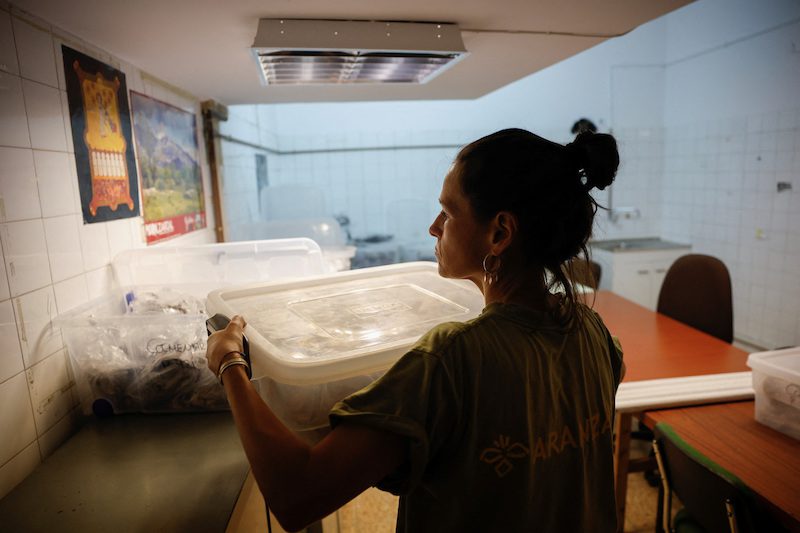
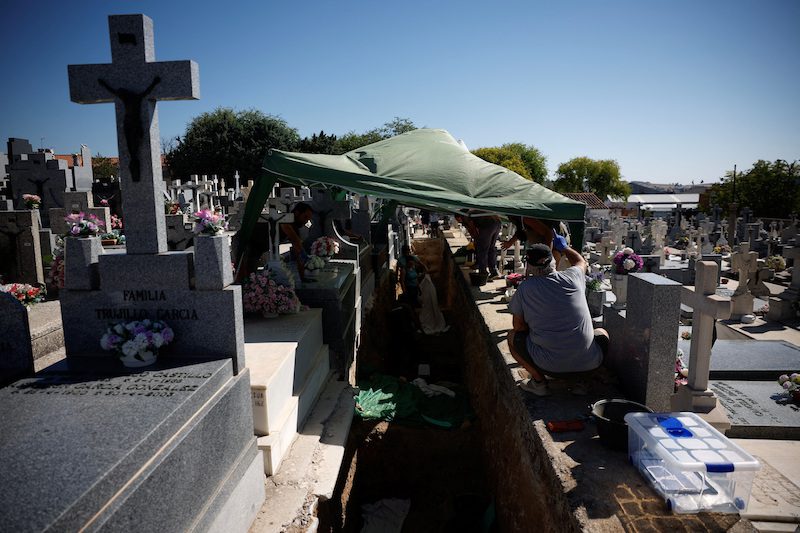
The exhumation of the first mass grave started last year with the financial support of Spain’s leftist government and led to finding the remains of 12 people.
Spain transitioned to democracy following Franco’s death in 1975 but the legacy of his four-decade fascist dictatorship still divides Spanish society. The issue of exhumations was a hot topic in the run-up to a national election in July in which both a right-wing and left-wing bloc failed to win a majority.
One the first policies implemented by Socialist Prime Minister Pedro Sanchez when he took office in 2018 was passing a law making it possible for relatives to identify victims who are buried in about 2,400 unmarked mass graves around the country.
The rival conservative People’s Party (PP) and far-right Vox oppose the “Law on Democratic Memory”, arguing it threatens to reopen wounds, and during the election campaign they vowed to repeal it.
PP and Vox have already committed to restrict the law in several regions where they have sealed coalition governments in recent weeks.
Luis Perez Lara, chair of a commission in the town of San Sebastian de los Reyes promoting the exhumation at nearby Colmenar Viejo, said the goal is for relatives of those executed to be able to bury them with dignity.
“The terrible wounds of the brutality conducted by the dictatorship have not been closed,” he said.


